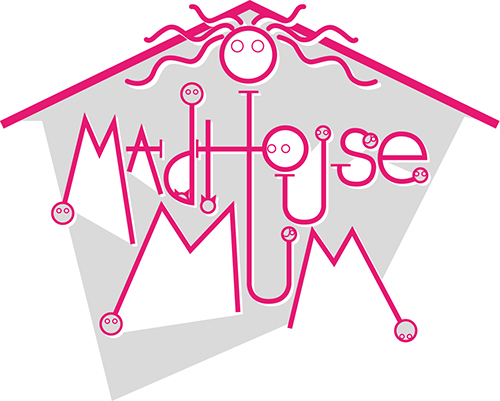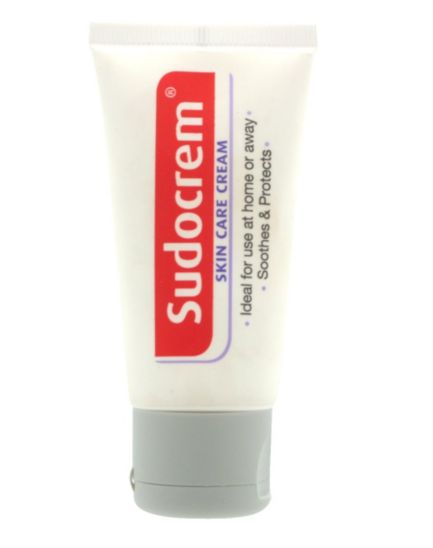You know when you read an article and you find yourself nodding along to it, like your favourite tune and then when you’ve finished reading it you want to high five the author? Well that’s exactly how I felt when I read an article based on a book called: How to Raise an Adult, by Julie Lythcott-Haims, in which, according to the article, ‘she is on a mission to wake up parents to the damage that well-meaning over-involvement causes’.
So often we read articles about ways in which we are damaging our children and think to ourselves: oh crap, yes. But here was one where I actually appear to be doing a great deal right – some of it by accident, some through not having the time to parent any other way and some of it by instinct.
I have 5 girls and a boy, two of which are step children. I guess you could say that I have had quite a lot of practice on how to raise an adult and I’m still learning on the job, often feeling my way in the dark and quite often feeling confused.
My step daughter has just graduated from University. There is no denying that she was my Guinea pig, but as she has managed to get through her degree and had an amazingly enriching time in the process, I guess that us parents may have done something right. Although, of course she must take a great deal of the credit, I think that we set her on the right road. The thing is though, there were so many times when I felt what we were doing was harsh – she certainly thought so and it would have been so easy to take another path.
I remember a time when she was 15 and she wanted to go to her friend’s house, but her dad and I were both busy at home and didn’t want to trek over there. We told her to get the train and buses and then walk the final leg. She told us that her friends could not believe that we were asking her to do this. I wavered slightly and questioned whether we were indeed asking too much. Don’t you find yourself doing this a lot as a parent? Questioning yourself and your decisions? Analysing whether it is correct and fair. I feel that this is one of the hardest things about parenting a teenager.
The day she had to move in to her University halls of residence was on a Tuesday. Both her Dad and I were working, so we told her that we had to take her up on the Sunday. She wasn’t allowed to move in early and so we deposited her and all her belongings in a motel, that we had got her to locate and book, and said goodbye in the car park. Due to work, we didn’t visit her again in the three years she was there. On her moving in day, she got a taxi to her halls and moved herself in. Harsh? Necessary – and I am glad that it was. As Lythcott-Haims points out in her book, as parents we need to pull back, because by over parenting, we haven’t taught our teenagers to survive by themselves in the world. This lack of skills of independence is at the heart of the rise of stress and anxiety among students.
The evening we left my step daughter in the motel was the first time she had ever left home, but we knew that we had paved the way for her to be able to cope with the situation. When we got home later that evening, I saw she had posted on Facebook a photo of her bonsai tree, sitting on the window sill of her motel room. I could easily have seen it as a symbol of her being alone. Lythcott-Haims says that we have created ‘bonsai teenagers’ who are pruned to perfection, yet not hardy enough to survive in the world outside.

My partner and I make sure that our children work, cook, travel independently wherever possible and they have all had their fair share of disappointment. We try to let them experience it, rather than protect them from it.
So when I saw my step daughter’s photo of the bonsai, I didn’t see it as an image of loneliness, I saw it as her saying to the world that she is ready for a new life: the roots were firmly established and she was ready to grow.
I don’t think for a moment that we are doing everything right, but this article gave me hope, when sometimes I feel harsh. A teenager may feel hard done by, but it is our job as parents to stand firm and then they will flourish.


 At which point, I would have been saying: and your point? He expanded, basically telling the festival goers how amazing his band looked in their purple suits with elasticated waistbands (that just says ‘fat’ to me) and their cowboy shirts.
At which point, I would have been saying: and your point? He expanded, basically telling the festival goers how amazing his band looked in their purple suits with elasticated waistbands (that just says ‘fat’ to me) and their cowboy shirts.








